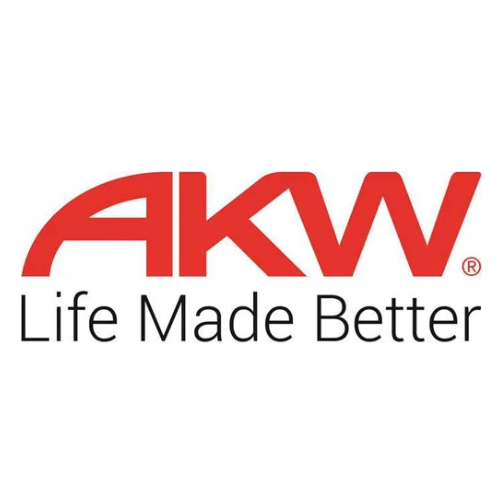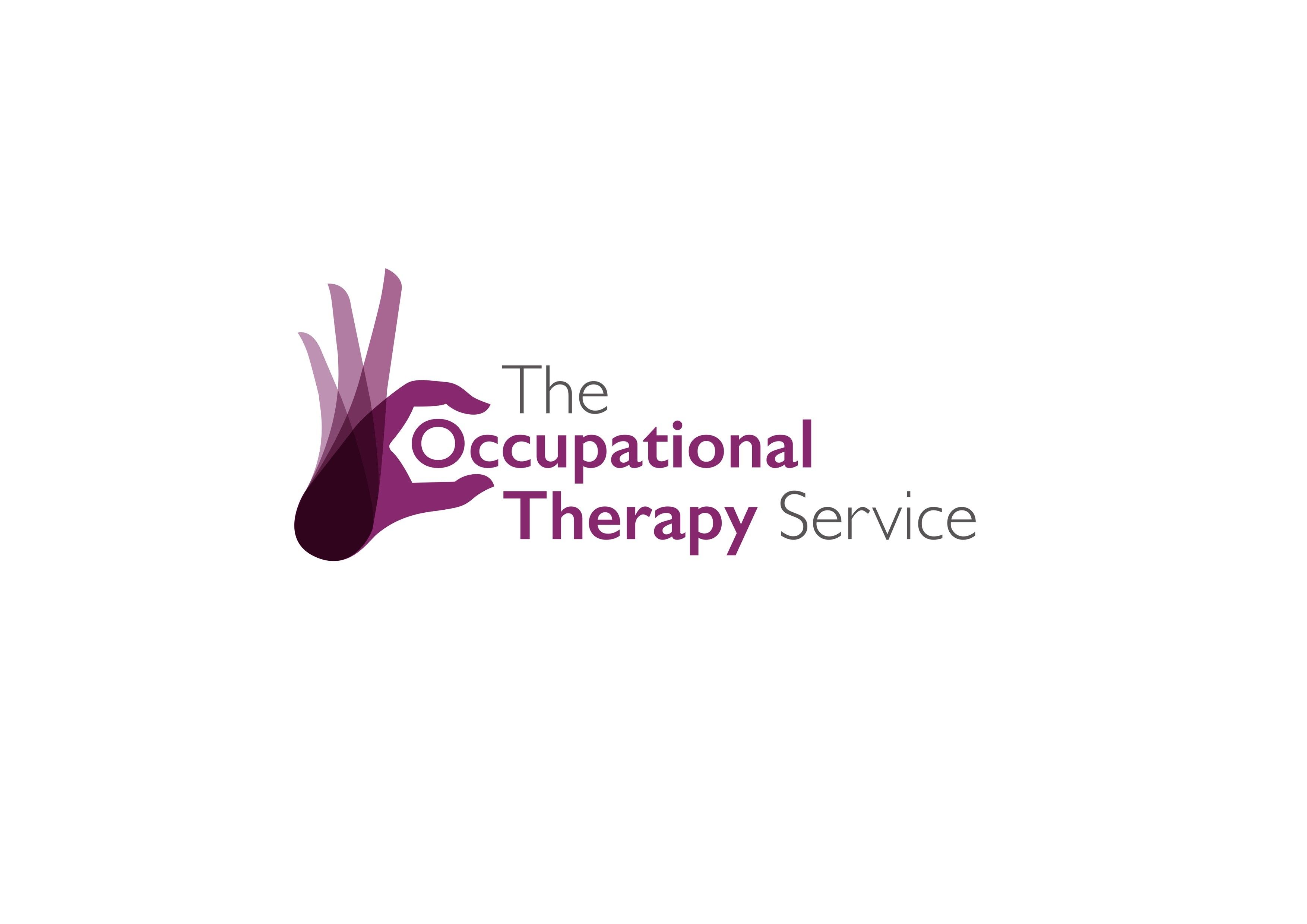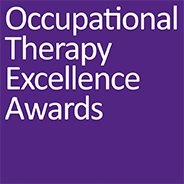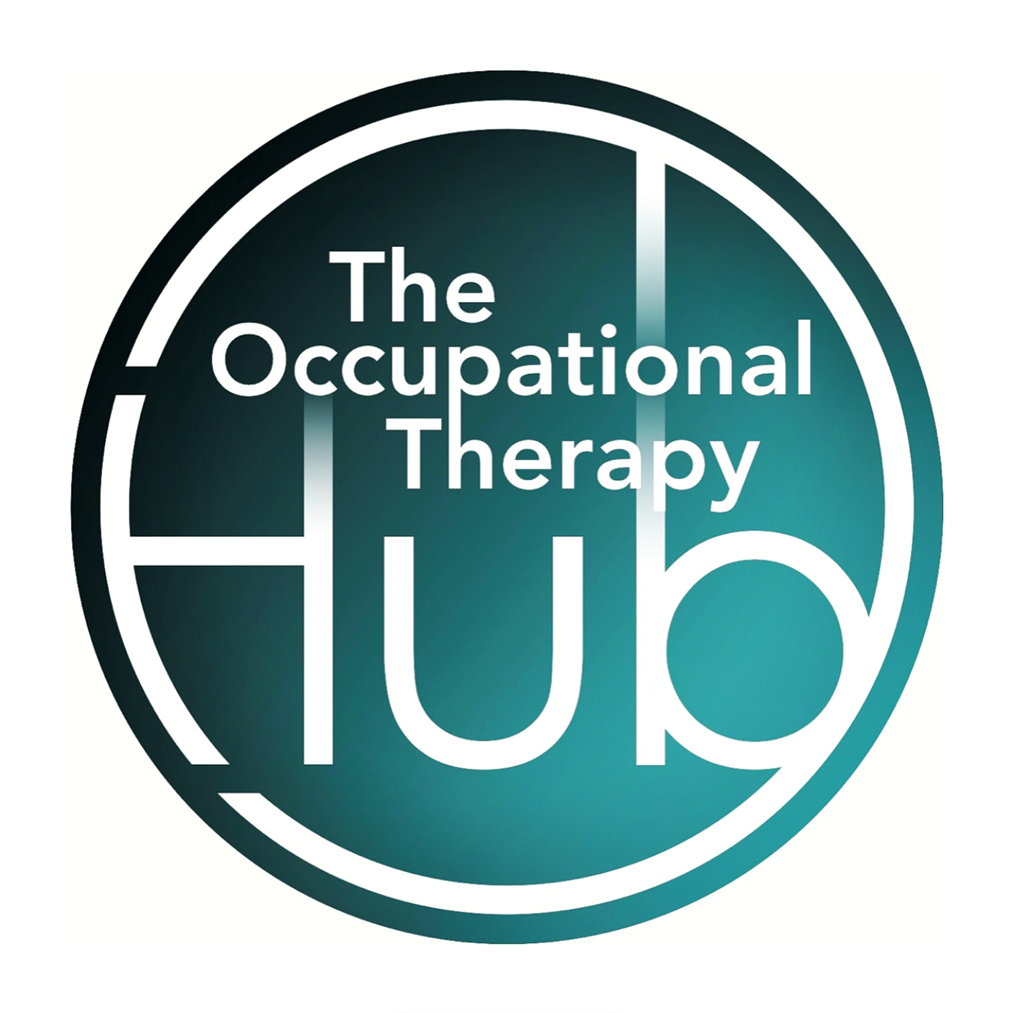)
Housing and OT: How would you describe the current state of housing provision and adaptations within occupational therapy in the UK?
"We’ve made progress in recognising housing as a health issue, but services remain inconsistent. Too many people wait far too long for standard adaptations like showers, stairlifts, and ramps. Often they get stuck on social care waiting lists unnecessarily, when they could be passed straight to housing teams to access a Disabled Facilities Grant. That simple change would make a huge difference to people’s lives."
Technology and Housing: How do you see digital health, AI, and smart home technology shaping the future of housing adaptations and the role of occupational therapists?
"Technology is already starting to change how we work. AI can help speed up assessments and reduce paperwork. Smart home systems can improve safety and independence, but they only work if they are chosen and fitted to meet real needs. The role of OTs is to make sure technology is useful and practical for the people who need it most."
Scope of Practice: Are you seeing shifts in the recognition of occupational therapists’ expertise in housing and environmental modifications?
"Occupational therapists are often acting as designers under the CDM Regulations and the Building Safety Act, whether they realise it or not. The key issue is understanding when that role applies and what legal duties come with it. Many OTs do not yet have that awareness, and it is vital that they do if we want safe and compliant adaptations."
Training Standards: How can occupational therapy education better prepare practitioners to work confidently in housing, adaptations, and environmental design?
"We have developed a competency framework for both occupational therapists and Trusted Assessors, so there is now a clear baseline for practice. Training needs to give people the skills to assess needs, understand housing solutions, and apply the law correctly. Building that knowledge early means OTs and assessors can deliver the right adaptations quickly and confidently."
Workforce Needs: How do you see the workforce evolving in relation to housing adaptations and specialist assessments, and what skills will be most critical in the coming years?
"The big challenge is how we handle complex and high-cost adaptations. The High Cost Adaptations Protocol provides a clear framework for managing these cases, and it has been recognised as good practice by the Ombudsman. All OTs working in this area should be aware of it and using it. A key part of the protocol is working closely with families to explain options and agree the best way forward, while also collaborating with contractors, surveyors, and housing staff. That teamwork is essential to make sure adaptations are safe, affordable, and effective."
Key Message: What would you like occupational therapists attending the OT Show to take away about the importance of housing in practice?
"Adaptations are never just about the person or just about the house. They are about both. That is why integration and joint working are so important. When OTs, housing teams, and families work together, adaptations can be delivered more quickly, more effectively, and with better outcomes. I would like OTs to see housing as a shared space where their skills make a vital difference."



















